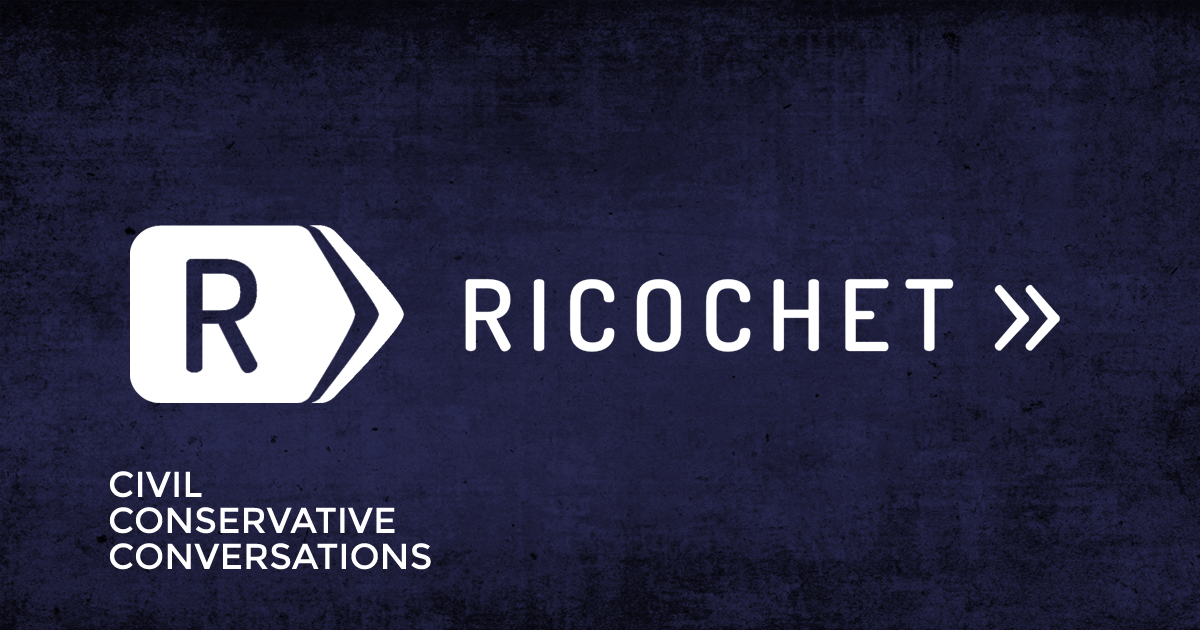
2016 Obama:
When there is a vacancy on the Supreme Court, the President is to nominate someone, the Senate is to consider that nomination, and either they disapprove of that nominee, or that nominee is elevated to the Supreme Court. . . . There’s no unwritten law that says that it can only be done on off-years. That’s not in the Constitutional text.
Here it is on video, if Twitter hasn’t taken it down:
Just dug up this clip of Obama in 2016:
"When there is a vacancy on the SCOTUS, the President is to nominate someone, the Senate is to consider that nomination… There's no unwritten law that says that it can only be done on off-years. That's not in the Constitution text." pic.twitter.com/vrOi3DrkJN
— Kelb Hull (@CalebJHull) September 19, 2020
But what about the McConnell double standard–let the election decide the question of the Scalia replacement, but have the Senate confirm a Ginsburg replacement, all in an election year? Well, it turns out that McConnell has no double standard. The Cocaine Turtle has explained that this rule is merely to let the election decide when the Senate and the Presidency are controlled by different parties. (Evidently, he said that sort of thing in 2016 too.)
As far as I can tell, that reduces to a much simpler rule: Constitutional prerogatives. The President can appoint, at will, as long as he is President, and the Senate can, at will, give–or withhold–its consent. Those are the rules of the game.
Which could be really, really bad next year–if the Democrats take the White House and the House of Representatives and the Senate and add four leftist judges to the Court. But then–“Even the very wise cannot see all ends,” and maybe that silly exercise will lead to six originalists added four years after that. However this goes down, a Garland appointment, a Senate not voting on Garland, a Ginsburg replacement nomination, a Senate voting on it, and future Court-packing schemes–they’re all within the boundaries of Constitutional rules.
But there is another angle to consider, one more important than the politics. Our political fights are ultimately fights over conflicting principles of morality and law. Politics as such is no good reason to put someone on the Court. Legal philosophy is. The primary principle that ought to guide the nomination and the confirmation or rejection of a federal Court nominee is this:
The nominee ought to recognize that the Constitution is the supreme law of the land, standing in authority over even the highest Court; that the Constitution is written; and that the meaning of the written law does not change all the time while the writing itself stays the same.
Published in LawThanks for reading Created with Sketch. Quote of the Day: Obama in 2016 on a SCOTUS Nominee in an Election Year - Ricochet.com. Please share...!

0 Comment for "Created with Sketch. Quote of the Day: Obama in 2016 on a SCOTUS Nominee in an Election Year - Ricochet.com"